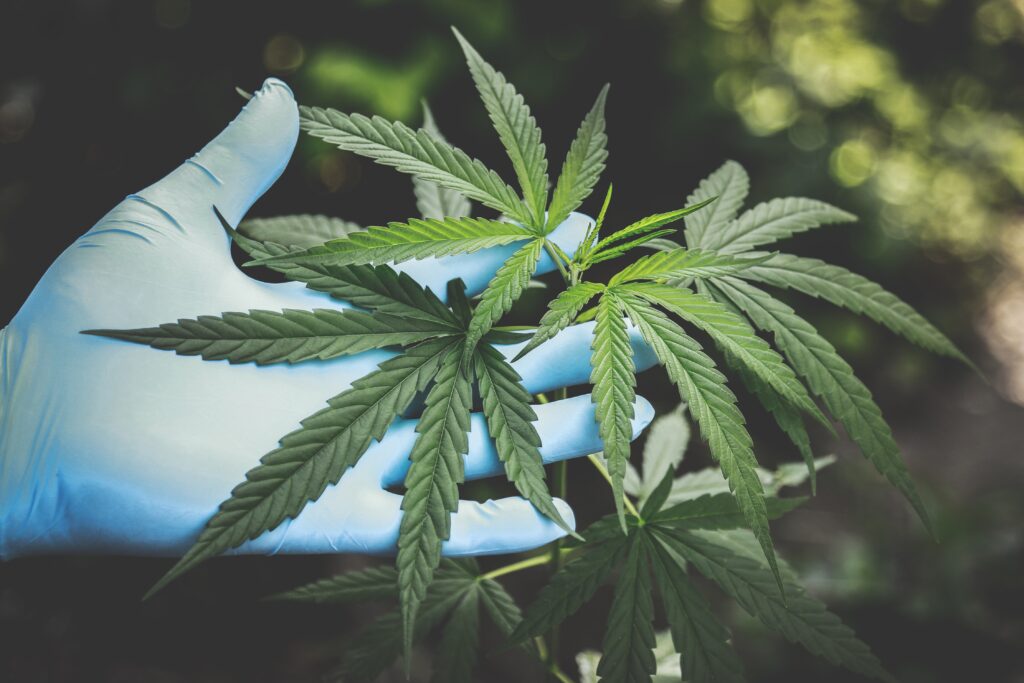Can you trust the labels on CBD products? According to a new study published in JAMA Open Network, the answer is maybe not.
In a new study, Johns Hopkins Medicine researchers tested more than 100 topical cannabidiol (CBD) products from both retail stores and online. They found significant evidence of inaccurate and/or misleading labeling of CBD content. The study also revealed that some products contained delta-9-tetrahydrocannabinol (THC), the ingredient in cannabis that can cause a “high” — including products claiming to be THC-free.
Researchers also discovered that some of the CBD products made therapeutic claims not approved by the U.S. Food and Drug Administration (FDA).
“Misleading labels can result in people using poorly regulated and expensive CBD products instead of FDA approved products that are established as safe and effective for a given health condition,” says study lead author Tory Spindle, PhD, assistant professor of psychiatry and behavioral sciences at the Johns Hopkins University School of Medicine.
CBD and THC are the most recognized compounds in Cannabis sativa, according to the NIH’s Center for Complementary and Integrative Health. The key difference is that THC can induce a psychoactive “high” at high doses; CBD does not.
Study Details
The research team bought 105 CBD topical products — including lotions, creams and patches — online and at retail stores in Baltimore during July and August of 2020. Gas chromatography-mass spectrometry was used to identify the actual amount of CBD and THC they contained.
Only 89 (85%) of the 105 tested products listed the total amount of CBD in milligrams on the label. Of the 89 products, 16 (18%) contained less CBD than advertised, 52 (58%) contained more CBD than advertised and 21 (24%) were accurately labeled. On average, the in-store products contained 21% more CBD than advertised and the online products contained 10% more CBD than advertised, though CBD label accuracy varied widely across products.
THC was detected in 37 (35%) of the 105 products, though all were within the legal limit of 0.3%. Four (11%) of those 37 were labeled as “THC free,” 14 (38%) stated they contained less than 0.3% THC and 19 (51%) did not reference THC on the label.
Of the 105 products, 29 (28%) made a therapeutic claim, mostly about pain/inflammation, 15 (14%) made a cosmetic/beauty claim (e.g., that they alleviate wrinkles or nourish/improve skin) and 49 (47%) noted they were not FDA approved. The other 56 (53%) products made no reference to the FDA. “It’s important to note that the FDA has not approved CBD products to treat any of the conditions advertised on the products we tested,” says Spindle, who also is a faculty member at the Johns Hopkins Cannabis Science Laboratory.
Conclusion
In conclusion, this case series found that topical cannabinoid products purchased online and at popular retail stores were often inaccurately labeled for CBD content and many contained the psychoactive cannabis constituent THC. Moreover, some products made therapeutic claims for indications not approved by the FDA. These findings highlight the need for proper regulatory oversight of cannabis and hemp products to ensure these products meet established standards for quality assurance and so that consumers are not misled by unproven therapeutic or cosmetic claims. These data also suggest that clinical studies are warranted to determine whether topical products with THC can produce psychoactive effects.






